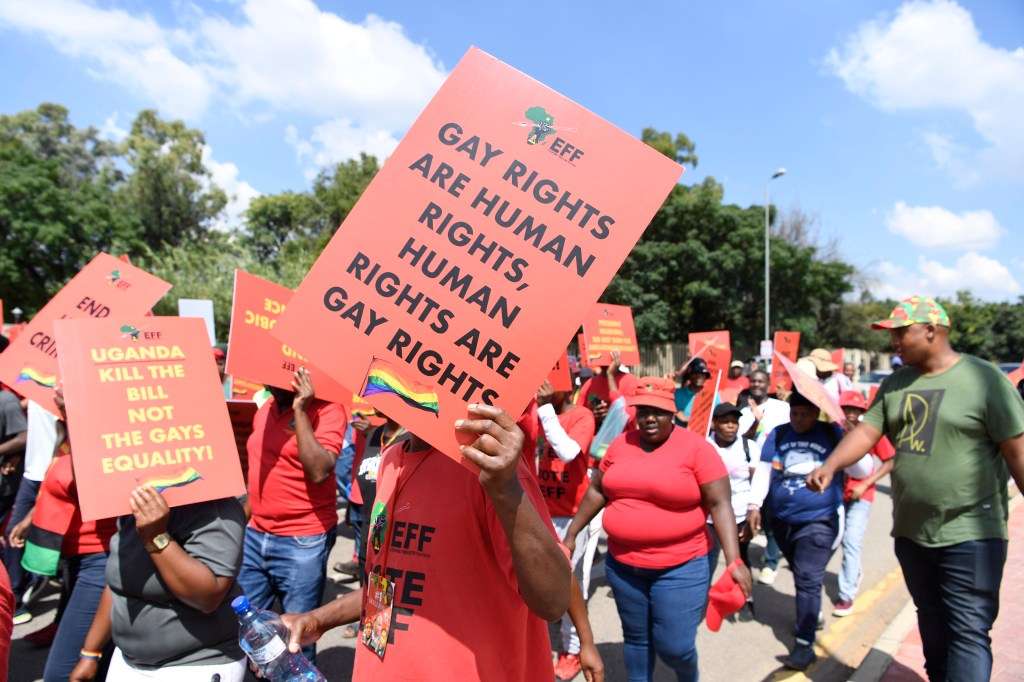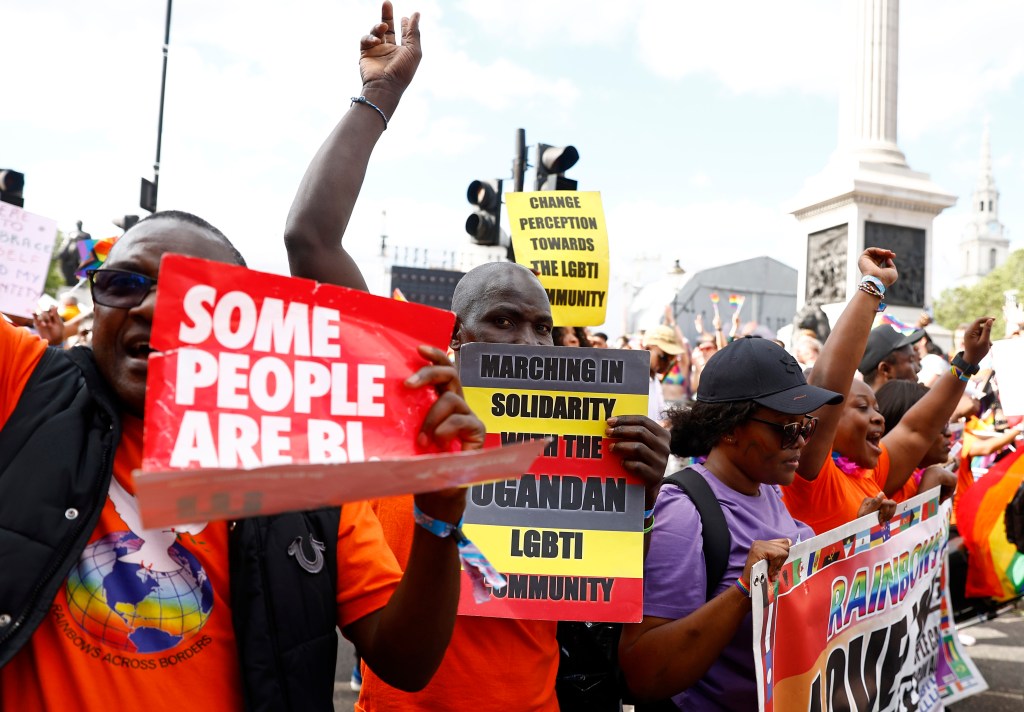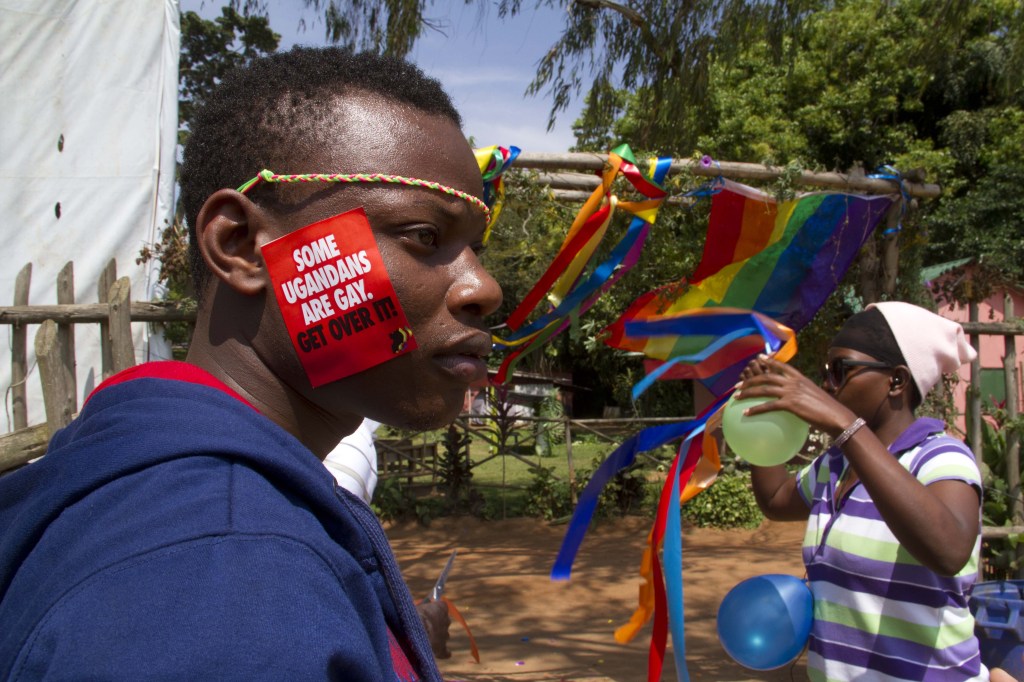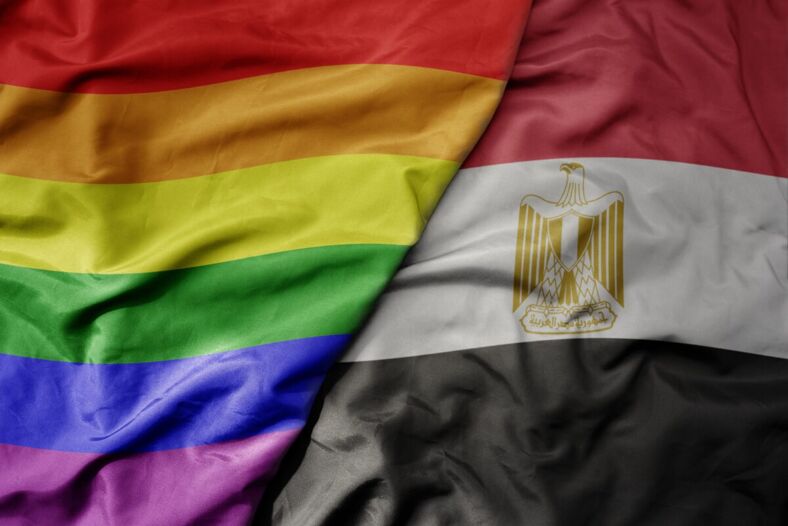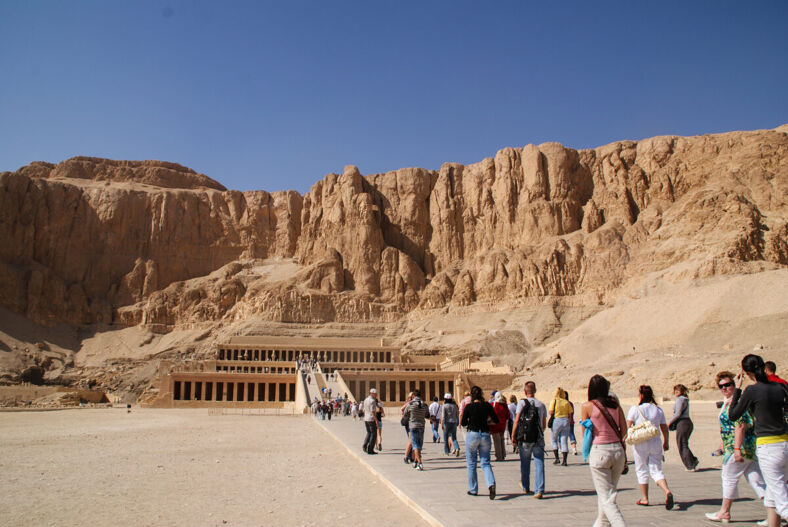UK Labour Leader Keir Starmer says he doesn’t want schools teaching young people about transgender identities
Labour leader Keir Starmer has said he is “not in favour” of “gender ideology” being taught in schools, despite his education spokesperson suggesting the party would review the Conservatives controversial guidance on trans pupils.
Keir Starmer, who was previously applauded for condemning Rishi Sunak’s anti-trans ‘jokes’, has stated his opposition to the teaching of so-called “gender ideology” – a phrase which is widely considered an anti-trans dogwhistle.
Speaking with reporters during a school visit in Kettering, Starmer said: “No, I’m not in favour of ideology being taught in our schools on gender,” he said.
“I think we need to complete the consultation process and make sure that there is guidance that is age appropriate.
“That is helpful for teachers and has at its heart the safeguarding of children.”
A spokesperson for Labour equally told The Times: “Nothing should be taught in an ideological way in schools.
“Current RSHE [relationships, sex and health education] guidance requires under law that children are taught in an age-appropriate way the facts about ‘sex, sexuality, sexual health and gender identity’.
“Labour’s priority is the safety and wellbeing of every child.”

However, this statement conflicts with the words of his shadow education secretary, Bridget Phillipson, who when asked about the Tories RHSE guidancein a recent BBC interview suggested Labour would review it, stating she does not want it to be a a “political football” or “culture wars” issue.
The current government confirmed in May that sex education for children under the age of nine and education about trans issues for all pupils will be banned following updates to legal guidance, with Prime Minister Rishi Sunak saying at the time the changes were to “protect our children”. The statutory guidance on relationships, sex and health education (RSHE) more widely is currently under review by the government.
This also followed the Tories guidance on gender questioning pupils in schools, released in December 2023, which states teachers are allowed to “decline” a student’s request to use different pronouns, access to single-sex facilities should be based on “biological” sex and social transition can only happen if parents are informed.
In her BBC interview, Phillipson said: “There are trans people within society and their existence should be recognised.
“Many aspects of the draft had good and straightforward principles in it. Other elements of it, I think, drifted far too much into partisan and unnecessary language.”
Following the interview, Conservative education minister Gillian Keegan claimed Labour would “play politics with the lives of our children” whilst equalities minister Kemi Badenoch said on Friday she was “very, very worried” a Labour government would “undo the work we have done on gender questioning guidance for children”.
This is certainly not the first time Labour’s stance on trans rights has been unclear, with Starmer previously flip-flopping on his definitions, seemingly siding with Conservative viewpoints as well as backtracking on the party’s commitment to self-ID.
Alongside these seemingly conflicting stances within the party, yesterday Keir Starmer also said he will meet with JK Rowling to discuss trans issues.
The Harry Potter author, who is well-known for her gender critical views, has blasted Labour in recent days – a party she used to be a large financial donor to.
Rowling criticised Labour for “abandoning” women after Starmer’s appearance on BBC Question Time where he answered an audience question regarding his definition of a woman and his criticism of gender-critical Labour MP Rosie Duffield, saying she will “struggle to support them” because of the party’s “dismissive and often offensive towards women fighting to retain the rights their foremothers thought were won for all time”.
Answering questions a Q&A event at The Sun‘s London HQ on 24 June, Starmer said: “Of course I’d meet with her. Of course I would. She’s made some really important points.
“I’d welcome that discussion, because I do think that we made huge progress on women’s rights under Labour governments.
“On equality we made massive progress. There’s more work to be done if we are privileged to come in to serve this country.
Starmer added: “I want to make sure that we can bring people together.”
This was a topic also brought up to Labour’s shadow secretary of state for health and social care Wes Streeting – who previously said he regrets saying ‘trans women are women’ – on Monday (24 June).
Streeting said trans rights has been a “difficult conversation, and not just within the Labour Party but within our country because we have had some tension between how you treat trans people with dignity and respect and inclusion,and also make sure that women’s rights, voices, spaces are protected.”
“I feel very optimistic, in fact, about the fact that we can reconcile those two things and move forward together as a country if we have a political culture that’s about bringing people together and navigating our way through these conversations with respect [and] genuinely listening to different perspectives, rather than seeing these differences as divisions to be exploited in – frankly – the way I think we’ve seen from from the current government,” he said.
